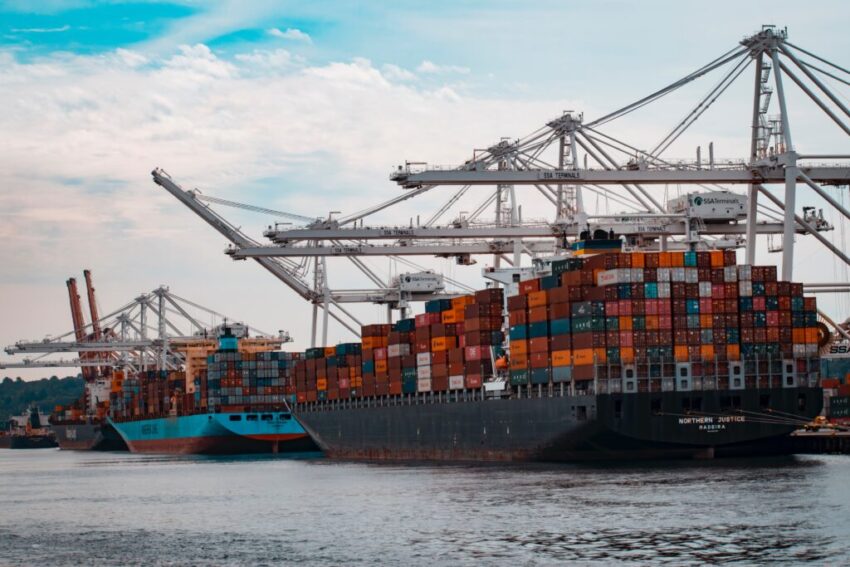After reading the article, “Shipping industry challenges, during and after COVID-19,” which features Victor Restis, president of Enterprises Shipping & Trading S.A., I am inspired by the call for unison in the logistics of global supply and demand and hope that others, in much more powerful positions than my own, share this sentiment. This pandemic has exposed fragility in many industries, none more important that serve the system of global supply and demand, well except for the healthcare field. Think about what a true disruption to our supply chains would do to our society – even a short-term disruption. It would be utter chaos. Though COVID-19 dented the system, it didn’t take it down due to the fear of what would take place if humans were truly left to their own devices as a means of survival.

With this in mind, the unity called for by Mr. Restis and other shipping magnates is timely. Global organizations need to find ways to diversify supply chains so that the entire system is not reliant on one single point of failure, or one single country. I understand it is painful to release a bit of control and worldwide dominance, but this is where humanity must come together and place safety and security above profit. Manufacturing and distribution of goods needs to be spread out among other nations. Imports and exports should find equal footing to ensure security in global trade. This is particular true for products and goods deemed “essential” like prescription medications and personal protective items. If at all possible, and I am not even sure this can happen, political influence by various world leaders needs to hit a reset button. I realize as I am commenting here that this is ultimately a pipe dream, but one that would definitely serve as a positive change for the betterment of humanity. As Mr. Restis points out, shipping is a vital industry and is the backbone of our survival. Why risk breaking that backbone in the race for global financial dominance? There is enough seas and oceans to accommodate a diversified shift in where our products are made and how they are distributed.
The article calls for news ways of conducting business and a collaborative effort to ensure that supply and demand finds some balance across global markets. It will be interesting to see how this all unfolds in the coming years and my hope is that the world finds a way because I doubt this will be the last test of our resilience and the integrity of the business systems we rely on.
 2018 ·
2018 ·